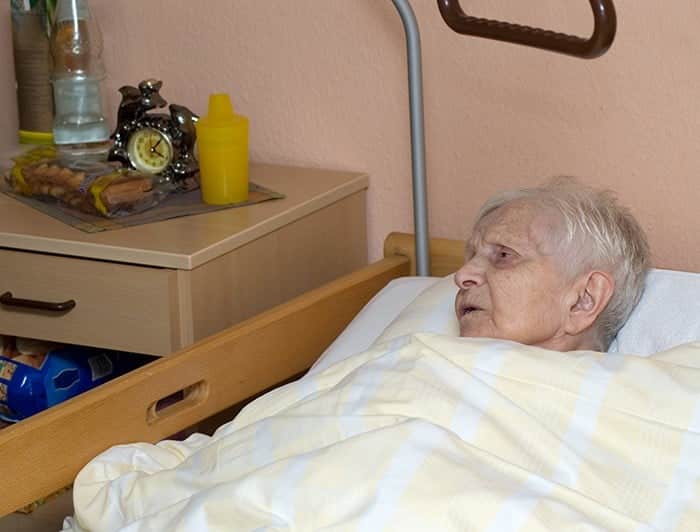Originally published on Jun 15, 2016
Recent Study: 20% of Nursing Home Residents Are Victims of Abuse.
20% of nursing home residents are victims of abuse by other residents according to Dr. Mark Lachs, head of Weill Cornell Medicine’s Center for Aging Research and Clinical Care. His findings were published from a study of about 2,000 nursing home residents in 10 New York nursing homes in the Annals of Internal Medicine. Who should be at fault for such abusive behavior? As people live longer, more are arriving at nursing homes with Alzheimer’s disease or dementia, which makes their behavior more unpredictable.
Dementia is a syndrome of progressive disorders that erases memory and alters a person’s usual way of interacting with the world. Residents with dementia are more likely to exhibit disruptive behaviors. Those individuals who may have led good, responsible and loving lives no longer understand the consequences of their actions. Elderly people enter skilled care because their family can no longer provide the needed care to keep them safe.
Whether it’s because the resident is immobile and at risk for pressure sores or is a fall risk because of medications and unsteady gait, the nursing home is supposed to be equipped to provide the necessary care to keep that resident safe. Likewise, where dementia and abusive behavior is the reason for the admission, the nursing home is trained to recognize the problem and provide interventions to keep everyone safe.
There is Not Always an Easy Answer to Dealing With Aggressive Behavior by Other Residents.
While sedating medications might be used in acute situations they are not the preferred method of controlling abusive behavior. Instead, the staff must assess the resident and his/her situation, implement interventions and assess their success. Many times the staff must look for and eliminate the triggers that give rise to aggressive behaviors. Sometimes it is as simple as relieving pain, noise or overcrowding. Interventions can be as simple as moving the resident to a quieter room.
The cases that we see occur when a nursing home is aware of the abusive behavior and does not implement appropriate interventions. In those situations, an innocent victim can be assaulted or even raped by an aggressive co-resident. While there is not always an easy answer to dealing with aggressive behavior, there is no doubt that there exists a duty on the part of the nursing home staff to do something to protect others. In fact, federal regulations require that nursing homes take steps to keep residents safe from “other residents.”
When Addressing an Incident of Potentially Abusive Behavior, a Facility Must Take Prompt and Direct Steps:
- Policies and procedures to ensure compliance with federal regulations on abuse, neglect and misappropriation should be reviewed.
- Immediately protect residents when an allegation of abuse occurs, including removing the alleged perpetrator from the building until the investigation is completed.
- Conduct ongoing education for staff members on the disease processes that may place residents at risk of abuse.
- Review and modify action plans and care plans for residents at risk of abuse.
- Review and modify action plans and care plans for alleged or potential resident abusers.
- Promptly comply with state and federal requirements to report to law enforcement authorities any possible “crime.”
- Training of staff in the requirements for prevention, investigation, and follow-up regarding abuse should be conducted and documented.
- Collaborate with experts, such as the medical director, psychologist, or psychiatrist, to understand techniques for dealing with residents who may be potential abusers or objects of abuse.
So, while we know that resident-on-resident physical abuse occurs, we don’t necessarily blame the abuser. We must look deeper to determine whether the abuse could have been avoided by well-accepted skilled nursing care practices and standards of care.
To learn more about your legal rights as they pertain to elder care abuse, contact the expert personal injury lawyers of Dworken & Bernstein
In Lake County, call 440.946.7656
In Cuyahoga County, call 216.861.4211







